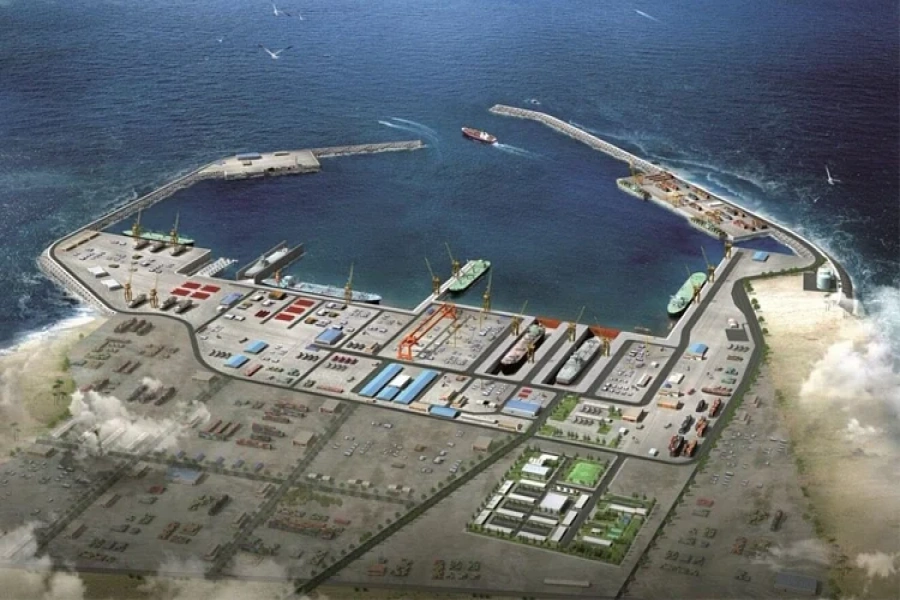KATHMANDU, Oct 9: Roads, urban development, energy, irrigation, and water supply are considered the five main pillars of development. The country’s development and prosperity is only possible through the development of physical infrastructures. Coincidentally, the major ministries responsible for the development of infrastructures in the country are now under the leadership of female ministers.
In the coalition government led by Prime Minister Sher Bahadur Deuba, Renu Yadav has been appointed the Minister for Physical Infrastructure and Transport. Likewise, Pampha Bhusal is the Minister for Energy, Water Resources and Irrigation while Ram Kumari Jhakri is the Minister for Urban Development.
These ministries are also considered the ministries responsible for actual development works in the country, especially infrastructural development. Despite the constitutional provision of 33 percent participation of women in every sector, only six women have been appointed ministers in the 25-member Council of Ministers led by PM Deuba.
Although the 33 percent criteria hasn’t been met, three female leaders have been given the responsibility of some of the most important ministries. In the words of development experts, the responsibility of developing the country largely rests on the shoulders of these female ministers. The women ministers in-charge of these important ministries have a challenge to move forward with infrastructure development and prove their mettle.
Style notes for statement shoulders

Several projects related to roads, hydropower, irrigation and urban development are in a mess currently as they could not be completed on time. The women leaders overseeing these ministries will have to face the difficulties and work toward proving themselves to be the right woman at the right place, as people will be watching their activities closely.
Yadav has already served as a minister three times but this is the first time she will be overseeing a ministry as crucial as the Ministry of Physical Infrastructure. Prior to her current post, Yadav has held the office of Ministry of Women, Children and Social Welfare and Ministry of Education, Science and Technology.
Yadav who came from India to Nepal after her marriage joined the Nepali Congress (NC) in 1999. After some time, she switched to the Rastriya Prajatantra Party and now she is with the Janata Samajwadi Party (JSP).
Bhusal on the other hand was appointed to the Ministry of Energy, Water Resources and Irrigation from the CPN (Maoist Center). Bhusal has been in politics since she was a student. She is also a former Minister for Women, Children and Social Welfare
As for Ram Kumari Jhakri, she has become a minister for the first time. Jhakri will be facing some real challenges as she is expected to manage cities across the country that are disorganized. Projects to build as many as 45 well-managed cities - 12 new cities along the Mid-hill Highway, 15 along the Postal Highway, and 18 others in Madhesh - are yet to gather any momentum though they were planned several years ago. Minister Jhakri is expected to kickstart these projects.
The responsibility of restarting these projects and developing them into smart cities has fallen on the shoulders of Jhakri. However, as a short-term minister, Jhankri faces the challenge of maintaining her "pro-change and revolutionary" image. She became a minister from the Madhav Kumar Nepal-led CPN (Unified Socialist).
Similarly, Shashi Shrestha has been appointed as the Minister for Land Management, Cooperatives and Poverty Alleviation, Uma Regmi as the Minister for Women, Children and Senior Citizens while Bodh Maya Kumari Yadav has been appointed the Minister of State for Education, Science and Technology.












_20230226123652.jpg)



























